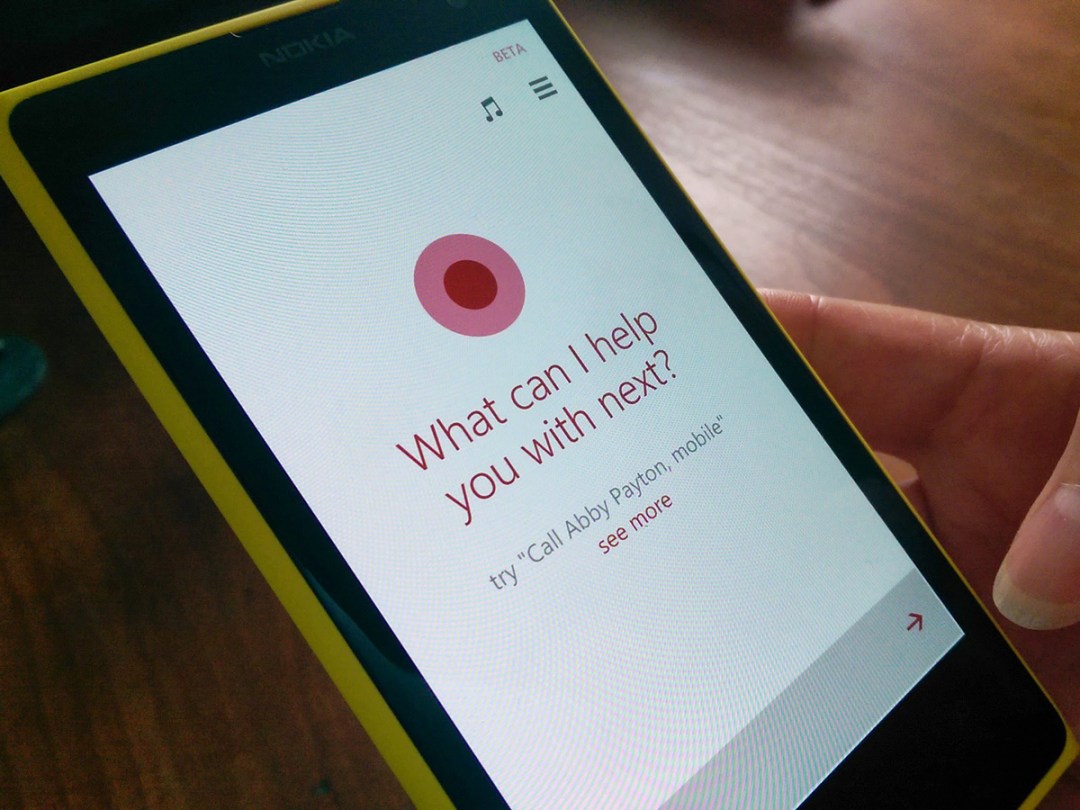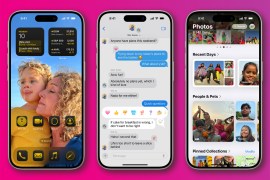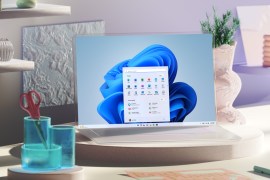Microsoft’s Cortana is coming to Android and iOS – and it’s getting smarter, too
Continuing its recent cross-platform ambitions, the company’s voice assistant is about to expand

Apple has Siri for iOS and Google has Google Now for Android, of course, but Microsoft doesn’t intend to keep its voice assistant Cortana locked down on Windows. She’s apparently set to break free, and bring a lot more intelligence along with her.
Reuters reports that Microsoft is actively working on a standalone app version of Cortana that will be released for both Android and iOS, beyond its current home on Windows Phone and impending arrival on desktops with Windows 10 (which is currently available in preview). That’s according to sources familiar with the company’s plans.
Under the leadership of CEO Satya Nadella, Microsoft has changed course dramatically in the last year, pushing aggressively to make its services available on platforms other than its own. That’s meant things like robust versions of Office apps on iOS and Android, as well as Android lock screens and Android Wear apps. The Microsoft Band and recent mobile accessories also work with non-Windows devices.
Not only will Cortana become a true rival to Siri and Google Now on their own territory, but the company is also working to make the voice assistant much more intelligent in the near future. It’s doing so by pulling research from an artificial intelligence project dubbed “Einstein.”
“This kind of technology, which can read and understand email, will play a central role in the next roll out of Cortana, which we are working on now for the fall timeframe," notes Eric Horvitz, Microsoft Research’s managing director. “We’re defining the competitive landscape… of who can provide the most supportive services that make life easier, keep track of things, that complement human memory in a way that helps us get things done.”
Sounds like we’ll see the smarter Cortana this autumn (along with Windows 10), although there’s no timeline available yet on when to expect the iOS and Android apps.
[Source: Reuters]



